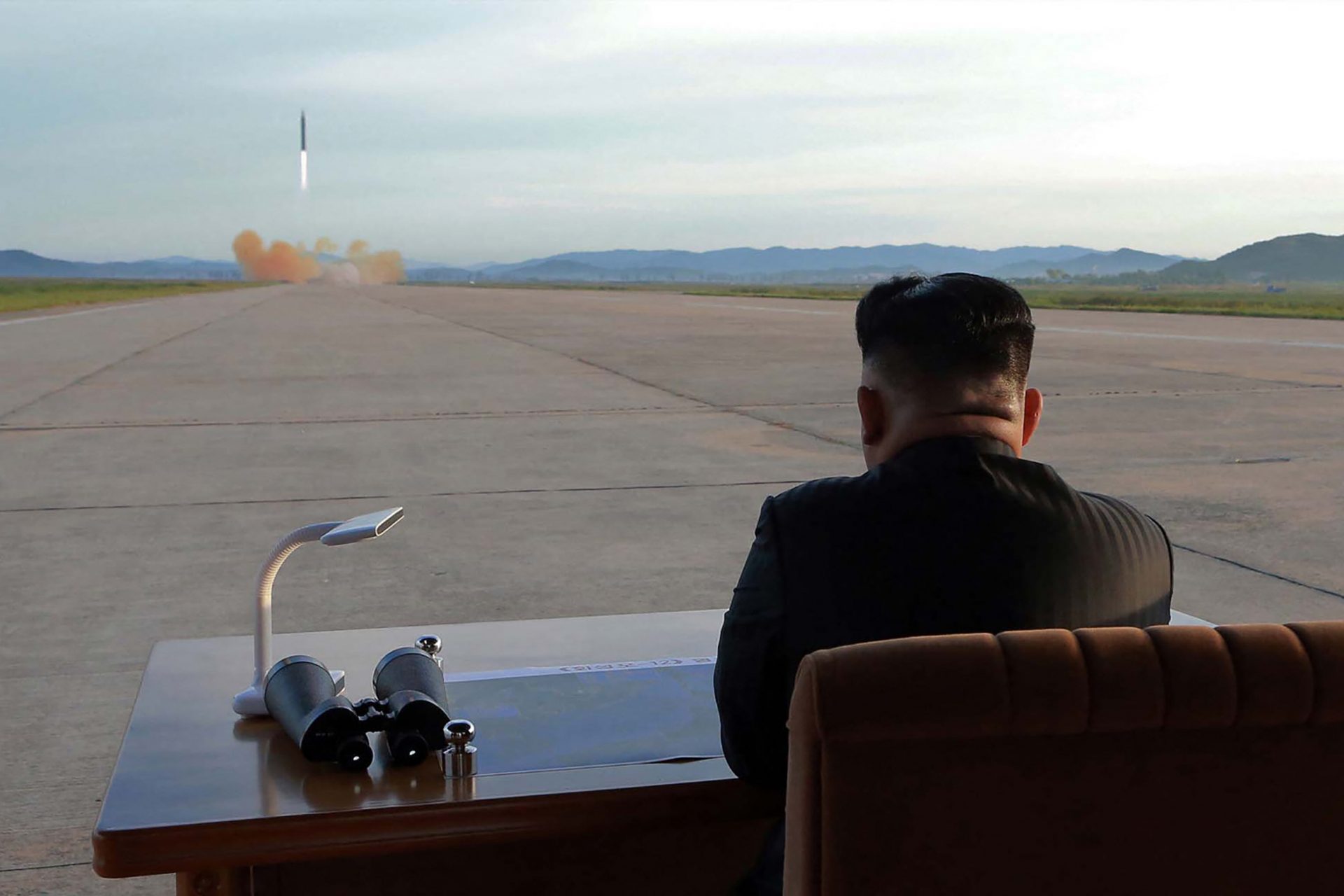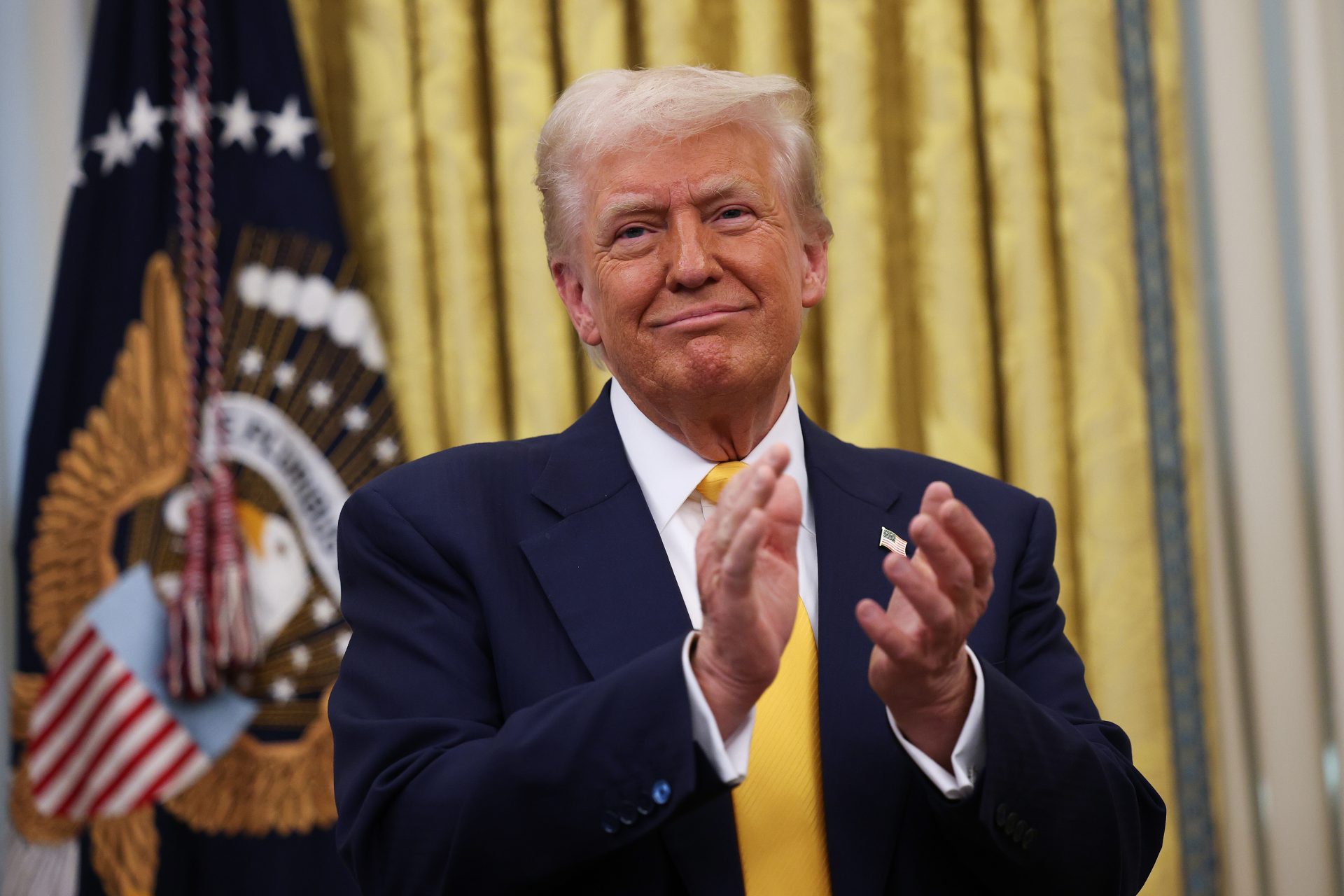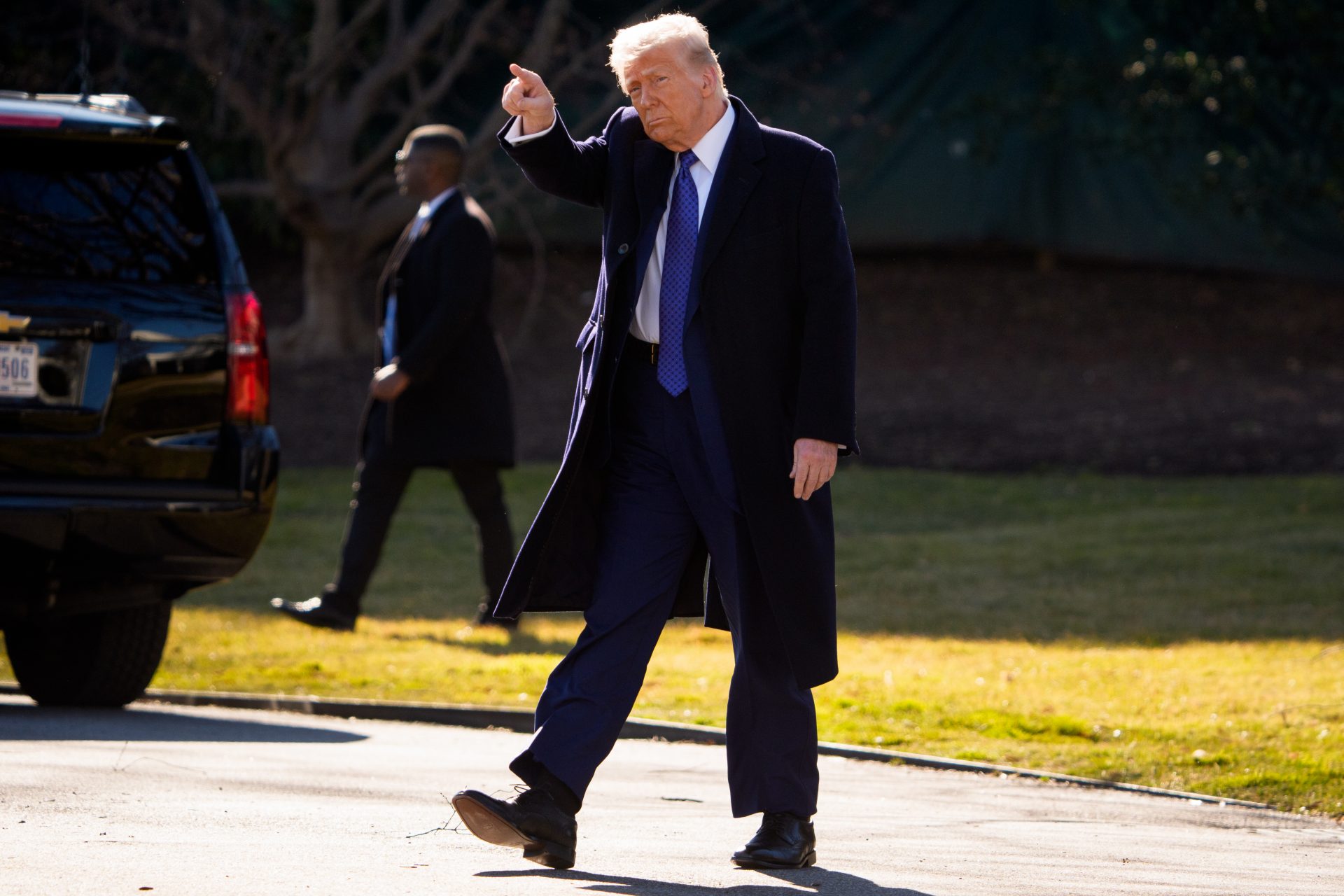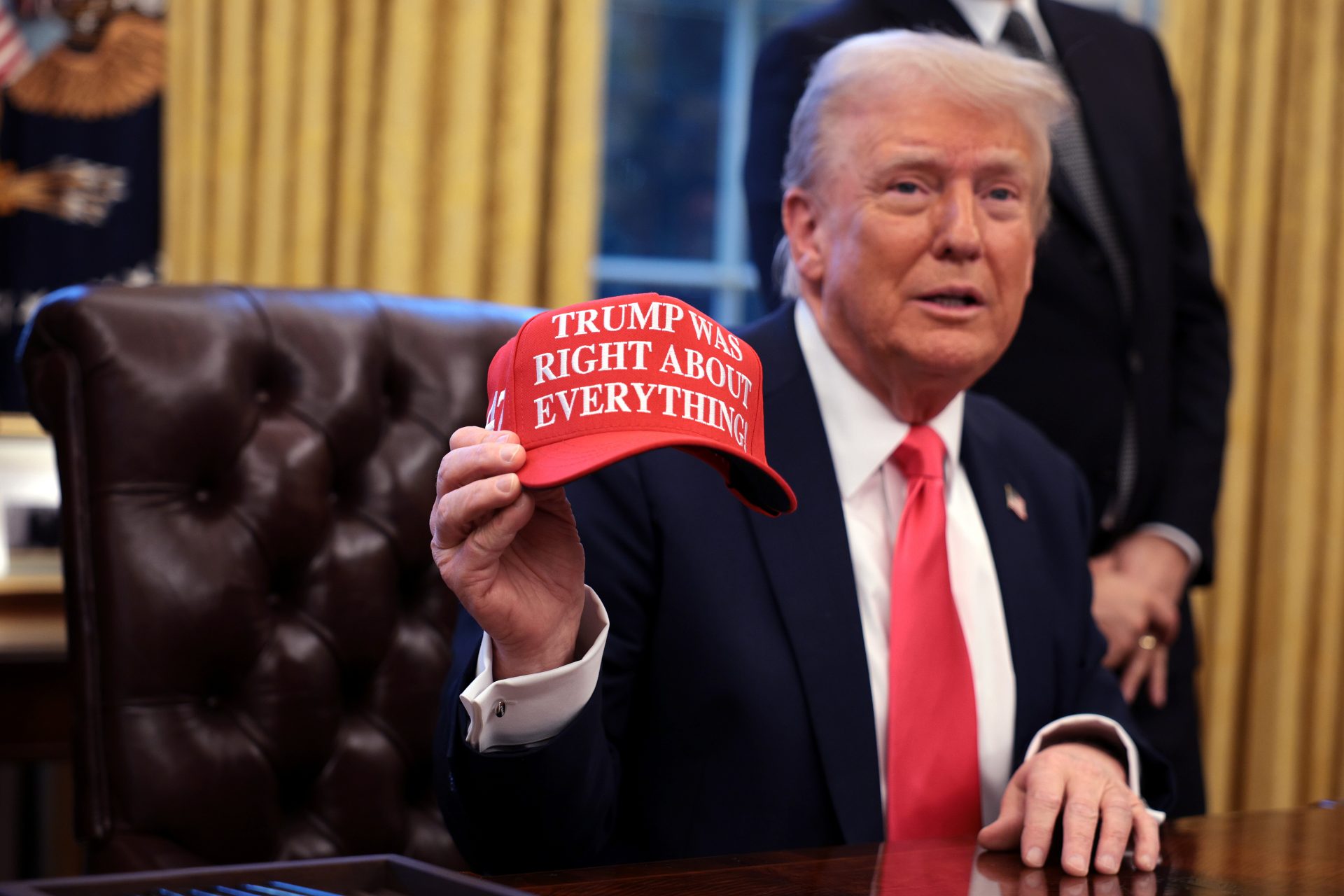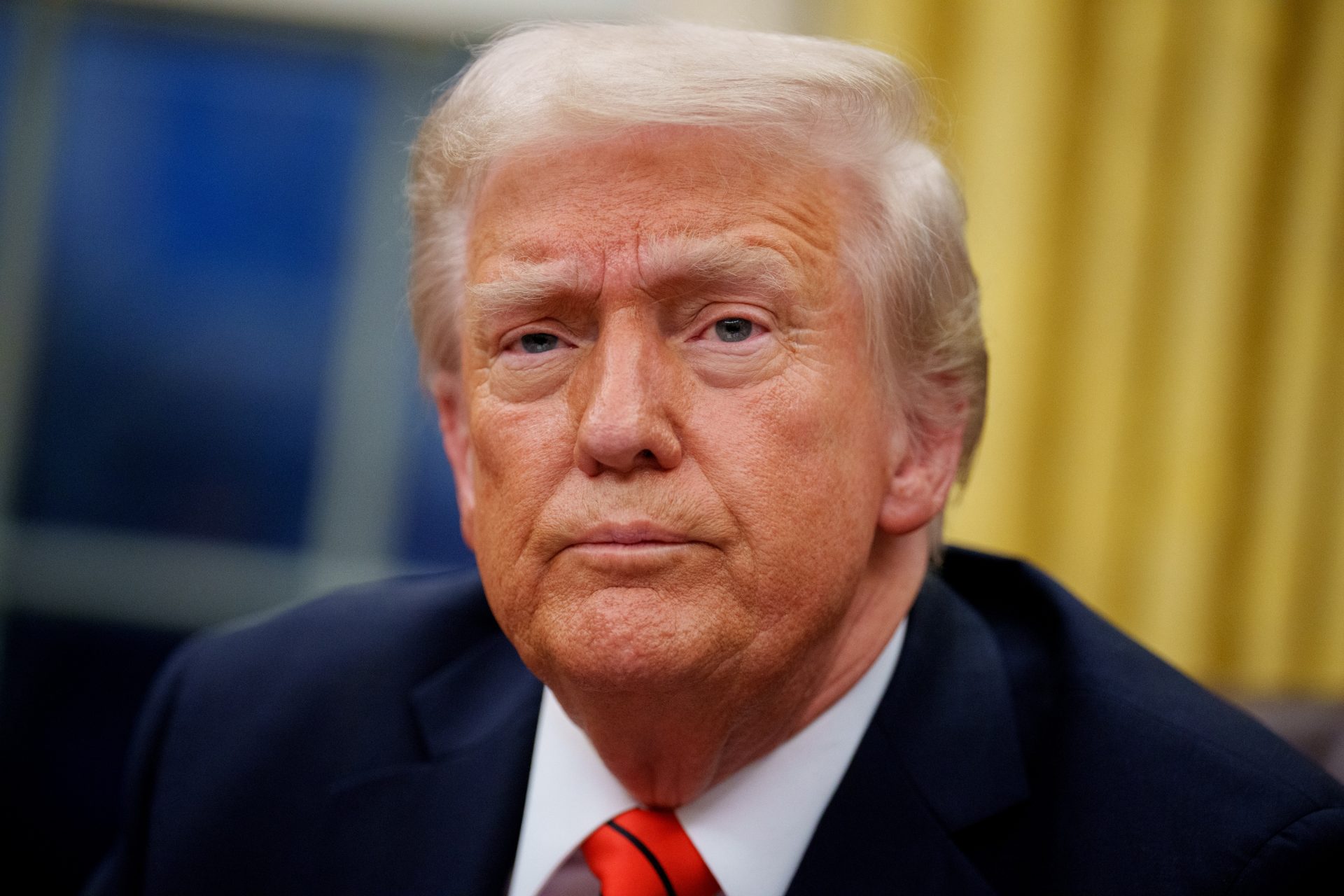Will corporations make countries and governments obsolete?
We live in an interconnected world, it’s impossible to deny that. In most places around the globe, you can drink a cold soda at a fast-food place while browsing the internet on your smartphone.
Many people are worried that in a globalized society like ours, where people travel more than ever and borders are losing significance, human society will end up looking alike all over and the concept of “nation-state” is dying out.
On one hand, the rise of populist movements amid several waves of migrant crises, has made the promise of closed borders a rallying cry for many politicians, particularly on the right.
Meanwhile, developing nations in Asia, Africa, Oceania, and Latin America have for decades been under the sphere of influence of superpowers, adopting foreign social and economic models through soft power or more violent and straightforward systems of dominance.
The Nation-State, as defined by Encyclopedia Britannica, is a territory bound by a government (the State) that in turn represents a community of citizens that share an identity (the Nation). Our concept of nationhood is far more recent than most people might believe.
The Nation-State emerged in Western Europe in the 17th and 18th century, with the French Revolution considered a pivotal point. Before then, the Germanic emperor of the Holy Roman Empire could also be king of Spain and ruler of the Netherlands, and nobody thought it was odd someone from a different nation ruled over them.
Attention was focused on your city or province; people were seldom concerned about people outside their immediate surroundings. People from Venice saw themselves as Venetians and not as Italians, for instance.
Countries like Germany or Italy took longer to develop as unified nations. No longer bound to the supreme authority of monarchs, they had to redefine themselves under a unified set of characteristics, such as language, territory, or religion.
Two key elements were important in the emergence of the nation-state: Education and communication. These were necessary to create and promote a common language, culture, and worldview that went across social class and geography.
With the rise of technology and particularly with entire generations growing under the influence of the internet, education and communication are no longer bound by borders. Some experts wonder if our idea of what countries are have become obsolete.
Writing a 2018 think piece for The Guardian, British essayist Rana Dasgupta calls the waning of the nation-state the most critical development in our era. He claims that the rise of extreme nationalism is not a response, but a symptom of a bigger social turmoil.
“National political authority is in decline, and, since we do not know any other sort, it feels like the end of the world”, states Dasgupta. “This is why a strange brand of apocalyptic nationalism is so widely in vogue”.
But if the authority of nations is in decline, what will step in to replace it? In the past decades, many thinkers have been concerned about large corporations already wielding a power equivalent to a reasonably-sized country.
Writer and political activist Lorenzo Marsili penned a 2019 op-ed for Al Jazeera, arguing that private enterprises have been encroaching the function of sovereign nations.
“We are witnessing the birth of a new kind of planetary powers, boasting genuine state characteristics: global ‘corporate nations’ that can extend their powers across the entire planet”, writes Marsili.
Marsili argues that the limited accountability of large companies towards national governments and the excessive power they hold in the global economy are signs of the rise of these ‘corporate nations’.
According to Visual Capitalist, Apple’s market cap is bigger than the economy of Italy, Canada or Brazil, while Amazon has a bigger annual revenue than Mexico or South Korea.
Meanwhile, some experts believe that we’re heading towards a world ruled by supranational entities, akin to the European Union or the United Nations.
Professor Margaret MacMillan from the London School of Economics writes in The Guardian about the possibility of a global government: “As our knowledge of each other expanded over recent centuries, so too did our capacity to imagine a truly global order”.
MacMillan argues that a supranational government could help humanity have a unified response to worldwide problems, such as the COVID-19 pandemic or the war in Ukraine.
However, individual citizens might feel less represented and disconnected from their own governments and the power of making decisions that matters in a local context.
The LSE professor believes that the constant problem in finding agreement among the member states of the European Union, for example the debacle with Brexit, is an example that the nation-state is alive and well for many years to come.
More for you
Top Stories


























